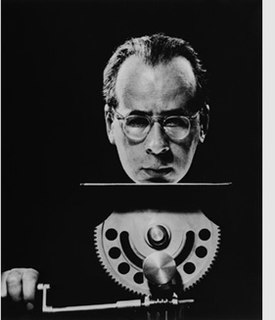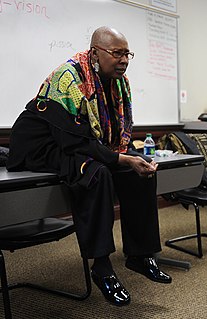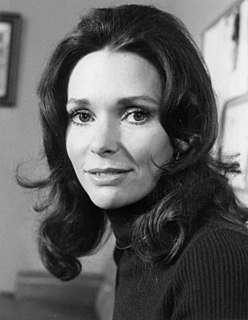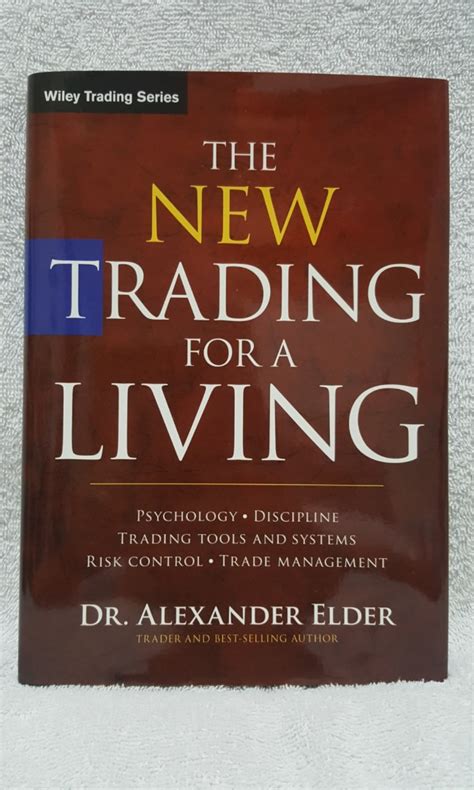A Quote by Abraham Maslow
Good psychology should include all the methodological techniques, without having loyalty to one method, one idea, or one person.
Related Quotes
Methodological naturalism gives advice to scientists about what they should include in their theories. There is a second type of methodological naturalism that gives advice to philosophers, which I call "methodological naturalismp." It says that the methods that philosophers should use in assessing philosophical theories are limited to the methods that scientists ought to use in assessing scientific theories.
If loyalty is, and always has been, perceived as obsolete, why do we continue to praise it? Because loyalty is essential to the most basic things that make life livable. Without loyalty there can be no love. Without loyalty there can be no family. Without loyalty there can be no friendship. Without loyalty there can be no commitment to community or country. And without those things, there can be no society.
Psychologism is, I believe, correct only in so far as it insists upon what may be called 'methodological individualism' as opposed to 'methodological collectivism'; it rightly insists that the 'behaviour' and the 'actions' of collectives, such as states or social groups, must be reduced to the behaviour and to the actions of human individuals. But the belief that the choice of such an individualist method implies the choice of a psychological method is mistaken.
When the photographer Philippe Halsman said, 'Jump,' no one asked how high. People simply pushed off or leapt up to the extent that physical ability and personal decorum allowed. In that airborne instant Mr. Halsman clicked the shutter. He called his method jumpology.
The idea of having people jump for the camera can seem like a gimmick, but it is telling that jumpology shares a few syllables with psychology. As Halsman, who died in 1979, said, 'When you ask a person to jump, his attention is mostly directed toward the act of jumping, and the mask falls, so that the real person appears.'
Some fundamentalists go so far as to reject psychology as a disciplined study, which is unfortunate and polarizing. By definition, psychology is the study of the soul, theology is the study of God. Generally speaking, systematic theology is a study of all the essential doctrines of faith, and that would include the study of our souls (psychology).
Successful trading depends on the 3M`s - Mind, Method and Money. Beginners focus on analysis, but professionals operate in a three dimensional space. They are aware of trading psychology their own feelings and the mass psychology of the markets. Each trader needs to have a method for choosing specific stocks, options or futures as well as firm rules for pulling the trigger - deciding when to buy and sell. Money refers to how you manage your trading capital.
It is odd that a value/virtue that plays such a central role in dramatic literature has played such a small role in philosophical writing. There are probably a number of reasons, but I think that a predilection for a certain kind of individualism is a major one. Others might include the fashionability of consequentialism, the idea that loyalty has more to do with sentiment than reason, as well as its proneness to corruption. The revival of interest in virtue/character as distinct from rules/principles has also created space for a renewed, if hesitant, interest in loyalty.
We also have this reflex of using specialists for everything, instead of having the person who is there every day with them, the teacher, talk about death and suicide. In the film, it's portrayed a little bit like a caricature, but it's the psychologist who comes in and Monsieur Lazhar does not think it's a good idea. He thinks he should be the one who should talk about that with the children.
Up to a certain point it is good for us to know that there are people in the world who will give us love and unquestioned loyalty to the limit of their ability. I doubt, however, if it is good for us to feel assured of this without the accompanying obligation of having to justify this devotion by our behavior.






































